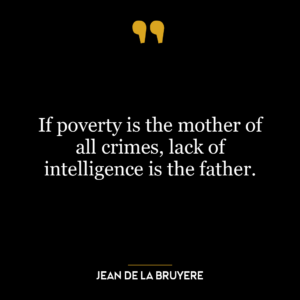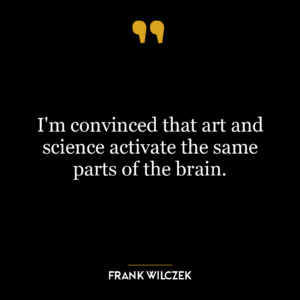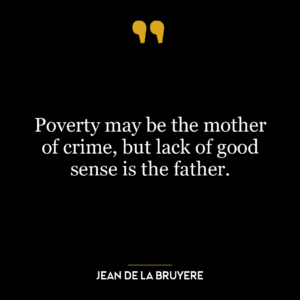This quote essentially suggests that paternity, or fatherhood, is not solely a biological or legal concept, but also an emotional and psychological one. It is based on the belief or conviction that one is a father, rather than just the scientific fact of biological parenthood. Therefore, a man can be a ‘father’ to a child even without biological ties, if he is convinced in his heart and mind that he is that child’s father.
The quote further implies that the role of a father is not just about contributing to the creation of a life, but also about the commitment, responsibility, and emotional investment that comes with raising a child. It’s about the conviction to step up and be there for a child, to guide, support, and love them.
Applying this idea to today’s world, it reinforces the changing dynamics of family structures and the evolving definition of parenthood. With the rise in blended families, step-parents, adoptive parents, and same-sex parents, this quote underscores the idea that what truly makes a father is not just biology, but the conviction and commitment to the role.
In terms of personal development, this quote can be seen as a call to action to embrace roles and responsibilities not just based on societal or biological expectations, but based on our own convictions and commitments. It encourages us to define our identities and roles not just by what we are ‘supposed’ to be, but by what we choose to be and believe in. It’s about the power of conviction in shaping our lives and identities.











